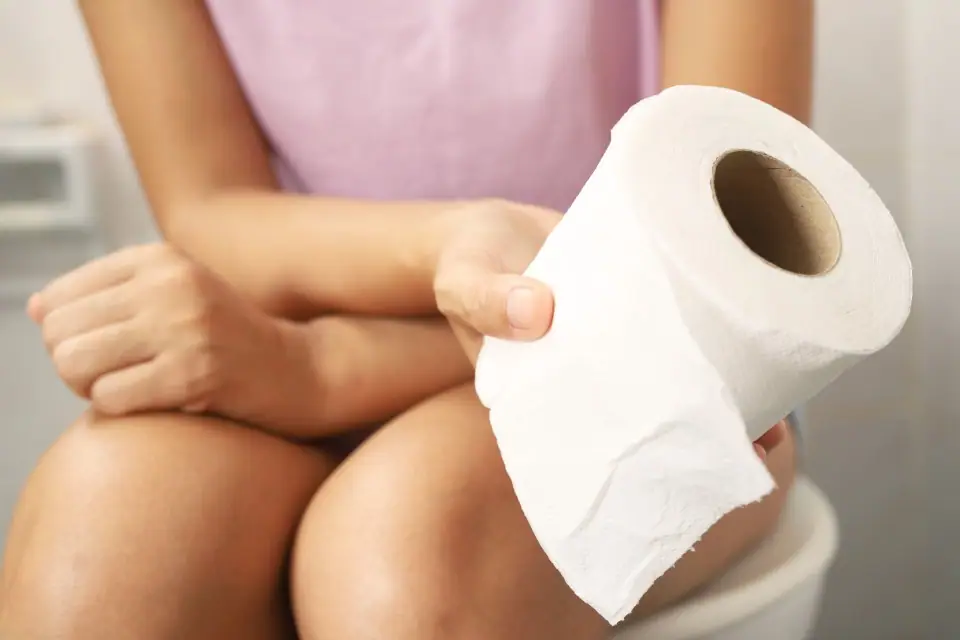It can be alarming when your stool has an unusual or unpleasant odor, like that of mothballs. A few possible reasons your poop smells like mothballs include:
Dietary Causes
Certain foods can cause your stool to have a distinct, mothball-like aroma. Foods like cauliflower, broccoli, kale and other cruciferous vegetables contain sulfur compounds that break down in the large intestine, producing smelly gas and stool. Spicy foods and artificial sweeteners like sorbitol or xylitol found in sugar-free gum and candy can also make your poop smell.
Consuming foods high in vitamin B6 like fortified cereals, chicken, fish and potatoes could contribute as well. Excess B6 gets excreted in urine and stool, giving it a strong, mothball-like smell.
Medical Conditions
Certain medical conditions affect digestion and stool odor. One is malabsorption, where your small intestine has difficulty absorbing nutrients. Undigested fats can then get fermented by gut bacteria, releasing foul-smelling compounds.
Metabolic disorders like trimethylaminuria impair your ability to break down choline-rich foods, causing a fishy, mothball-like odor. Infections like giardiasis or taking antibiotics that kill off good gut bacteria can also lead to bad-smelling stool.

Liver or Kidney Problems
Since the liver removes toxins from your blood and the kidneys filter waste products, diseases affecting either organ can cause strange stool odors. Severe liver disease leads to an accumulation of toxins that give stool a musty, mothball smell. Kidney failure allows waste buildup in the blood, also causing foul stool odors.
Cancer
In rare cases, an unusual stool smell could result from cancer. Colon cancer can block the bowel, causing the buildup of odor-causing compounds. Some types of cancer trigger ketosis, which gives stool a fruity, mothball-like aroma. But keep in mind not all odor changes are due to cancer.
When to See a Doctor
Contact your doctor if your stool smells extremely foul, if the smell persists longer than a few days or if it’s accompanied by symptoms like abdominal pain, bloody or oily stool, diarrhea or unexplained weight loss. This can help identify any underlying condition requiring treatment. Typically, minor stool odor changes resolve on their own. But a physician can investigate causes like infections, food sensitivities, metabolic disorders or gut issues.
In most cases, smelly poop results from our diet or gut bacteria. Limiting vitamin supplements or cruciferous and spicy foods often helps. Probiotics may improve the gut environment too. But when in doubt, consult your doctor to assess any problematic poop smells.

